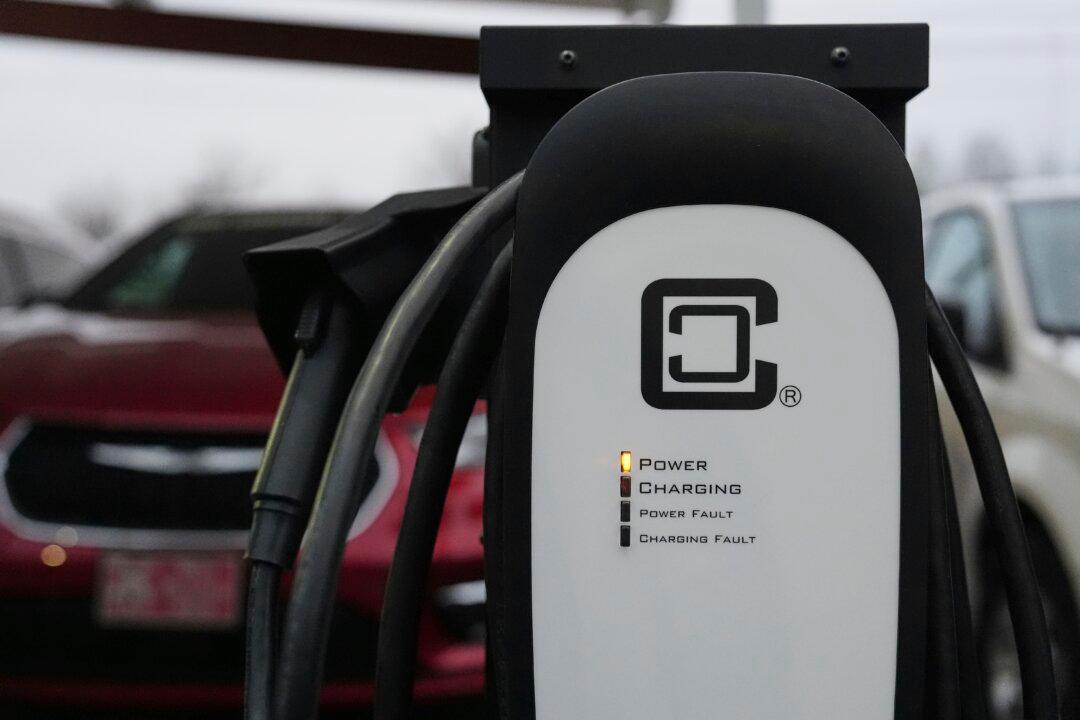Vermont Gov. Phil Scott signed an executive order on May 13 putting the state’s electric vehicle (EV) sales requirements for passenger cars and medium- and heavy-duty trucks on hold amid concerns over the feasibility of zero-emission vehicle rules and the lack of adequate charging infrastructure.
Vermont adopted the Advanced Clean Cars and Advanced Clean Trucks (ACT) rule, which incorporates California motor vehicle emissions standards, in December 2022.




